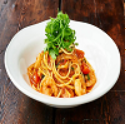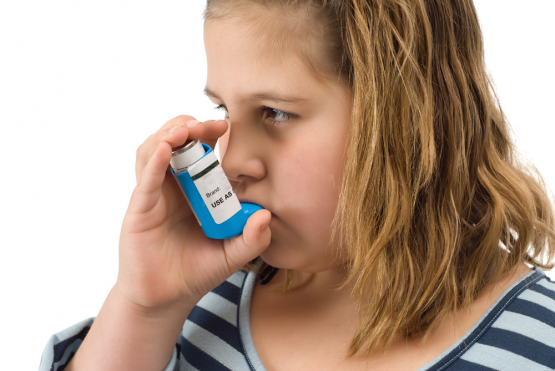We often try to pack a lot into our day; we race around, ticking things off our to-do list so we can rest easy and relax at night. Home Doctor Perth
But what if we took a moment for being, rather than doing? Does it pay to slow down and focus on the present moment?
The benefits of simply ‘being’
‘Being present’ is part of the practice known as mindfulness. It’s a way to focus on what is happening ‘in the now’, and it can have positive effects on your mental health and wellbeing.
Studies show that practising mindfulness may aid in managing stress, anxiety and depression, and can help to make us calmer, happier humans.
“The benefits of being present are that you get to focus on the most important point in time – the present,” explains Jean Hailes clinical psychologist Gillian Needleman.
“The present is the place where you are the most powerful as it is ‘the now’; the ‘live’ moment of time. It is where opportunity resides, where choices exist and where you can focus all your senses to take in the richness of life and what you’re experiencing.
“It is not the past, which can’t be changed, nor is it the future, which has not yet unfolded. The present is the place of being and possibility.”
As Ms Needleman explains, focusing on ‘the now’ also helps to still and quieten a racing mind.
“It can shift the focus from your inner-world – often the place of worry and anxiety – and turns your attention to the actual world around you and your interaction with it for that moment,” she says.


Putting it into practice
Here, Ms Needleman gives us three tips on how to tap into the present and fully soak up a mindful moment.
1. Use all your senses
When you want to become present in any given moment, use all your senses to describe what is happening around you. Observation, without judgement, is key, says Ms Needleman.
“If you are going for a walk, be present by noticing the colours, the smells, the things that are close to you, the things that are further away… what are the big things and what can only just be seen? Feel your feet connecting to the ground, the temperature of the air on your face, your arms by your sides,” she says.
Concentrating on these subtle details and feelings connects you to the present moment and can also create an enriching and more enjoyable experience.
2. Daily deed done differently
Choose something that is a habit, perhaps something you do daily, but do it differently and allow yourself to notice the small things.
Ms Needleman provides some examples. “Brush your teeth with your left/non-dominant hand, go for a walk but walk at half your usual pace, change your stride, eat dinner in the garden instead of at the kitchen table, ride your bike to work instead of taking the train, or drive a different way home.”
Many of our daily tasks are done in ‘auto-pilot’ mode. We are so used to doing them, we don’t tune into the task at hand. But slightly changing our perspective can open us up to a new experience, allowing us to complete the task in a new and more present light.
3. A mindfulness body scan
Ms Needleman reminds us that our body is always present, so it can be a useful tool to practise being present with. “Your body does not dart around into past, present and future the way your mind can,” she says. “It is always there and can help bring you back to the present moment.”
Play around with being mindful by noticing your body in different ways. You can start from your head and work your way down to your feet:
- Appreciate the way your breath moves in and out of your nose or mouth
- Notice the inside of your mouth – move your tongue across your teeth and feel the sensation
- Place your hands on your chest and stomach and feel the breath flowing in and out
- Try to focus on the way your bones hold up your posture
- Think about your legs and how the muscles feel
- Wiggle your toes and notice the feeling
- Feel the floor beneath your feet, press down on the floor and notice the sensation…
- The options are endless
Regards,


 Eat relatively unprocessed cereals (grains) and/or pulses (legumes) with every meal.
Eat relatively unprocessed cereals (grains) and/or pulses (legumes) with every meal.



